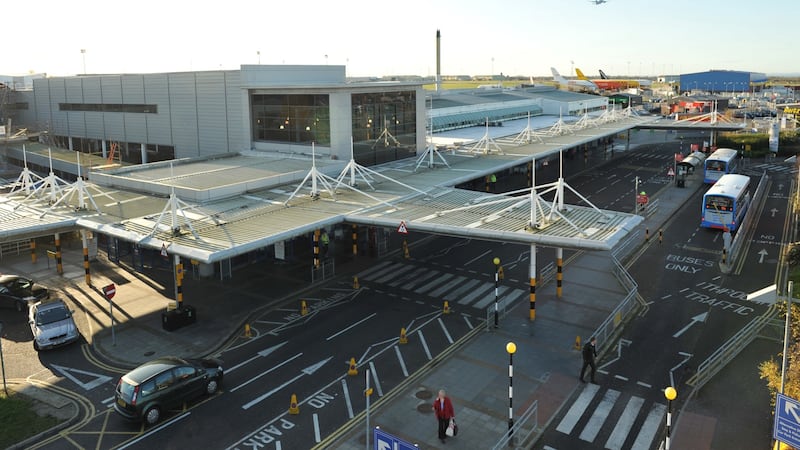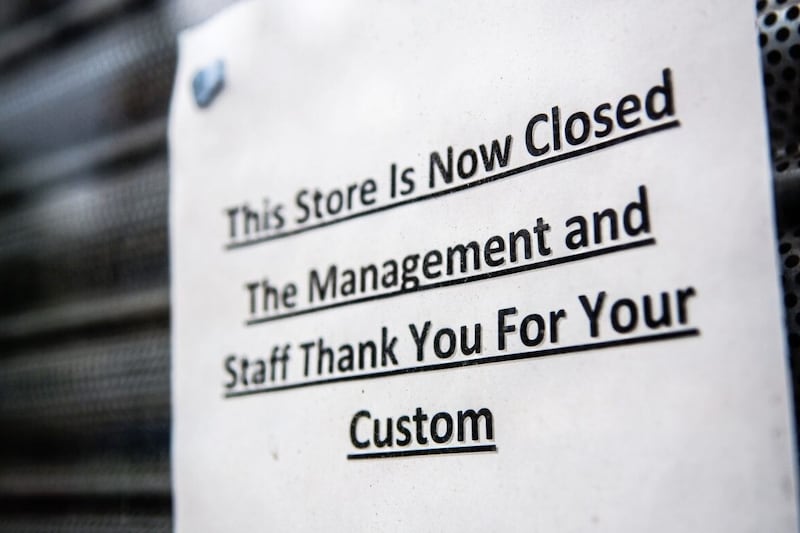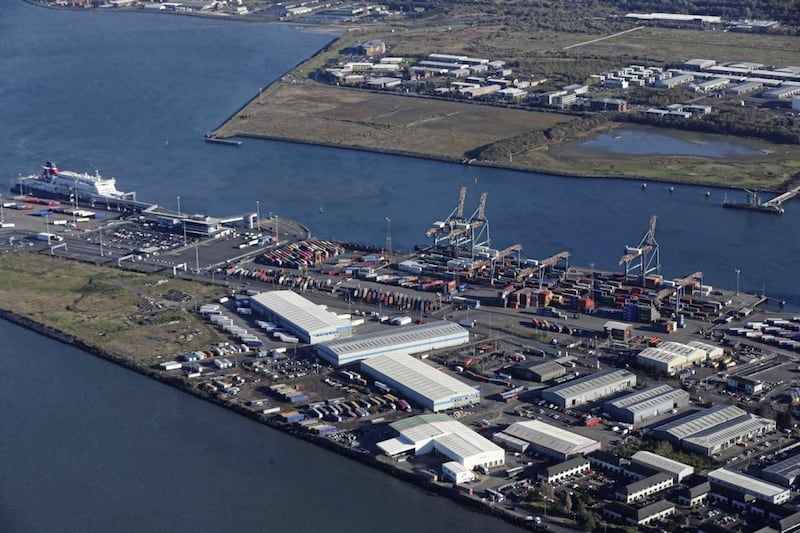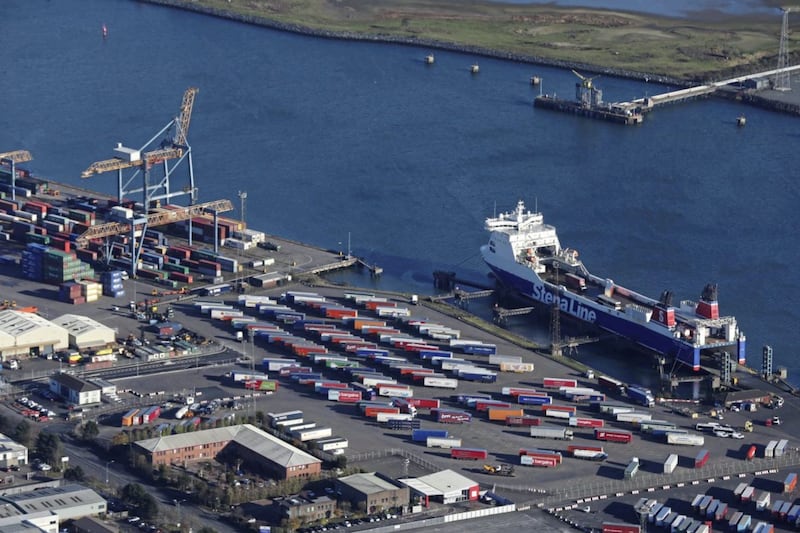BUSINESS leaders in Northern Ireland have expressed frustration and disappointment over the lack of progress in resolving the continuing deadlock over the Irish protocol.
The Northern Ireland Business Brexit Working Group (NIBBWG) has called on EU and UK negotiators to get back around the table before the end of the current grace period on chilled meats, which expires on July 1.
The body, which comprises 17 business and trade organisations, represents around 85 per cent of all businesses in the north.
In a statement, the group said its members remain “deeply disappointed” at the lack of substantial progress during last week’s Joint Committee meeting between the UK and EU.
“Businesses are frustrated that yet another opportunity has been missed. Urgent action must come not only because we are reaching the end of this grace period, but also because businesses want to avoid passing on additional costs to NI households.”
The group urged the EU and UK Government to meet again before the end of June, “to find common ground and deliver on their commitments in the NI Protocol”.
The end of the grace period on chilled meats will prohibit the movement of certain meat products such as sausages and mince coming into the north from Britain.
The UK has said it may unilaterally extend the grace period, prompting warnings of a swift response from Brussels.
Tensions between the EU and UK over the issue, spun as the ‘sausage war’ in some media reports, appeared to escalate during the G7 summit in Cornwall at the weekend.
The NIBBWG said businesses need immediate solutions to keep goods flowing and “breathing space” for both sides to find long-term, workable solutions “that keep business competitive and continues to give households the choice and affordability they need”.
The major stumbling block over the protocol surrounds food standards.
The UK wants an equivalence arrangement, whereby UK food standards are accepted as similar to EU ones.
But the EU has rejected that, and pushed for a Sanitary and Phytosanitary (SPS) agreement, which would remove 80 per cent of checks, but align the UK with EU rules.
The UK said that would impinge its trade deal negotiations with other countries. The Biden administration has already told London that a SPS deal won’t be a barrier to a future US-UK trade deal.
The Irish Government renewed its calls for a pragmatic and flexibile approach over the weekend, but urged the UK not to act unilaterally.
Irish foreign minister Simon Coveney hinted at a potential "middle ground" arrangement on Sunday, where food standards could be independently monitored.
The NIBBWG said a solution can be reached in time if the political will is there on both sides.
“Pragmatic controls which satisfy the EU’s concerns, and recognise the deeply integrated GB-NI supply chains, can be introduced in a workable manner.
“The solutions are there, in fact, the NIBBWG recently submitted a paper to both sides that outlines such solutions.”
The business group said a trusted trader scheme and a veterinary agreement could maintain the single market and protect retail movements across the Irish Sea.
“The NI business community has met the challenges of the protocol head on. We believe the protocol can deliver opportunities for Northern Ireland, but these can only be realised when both sides work together.
“Restoring trust, smoothing trade and reducing tensions must be upmost in policymakers’ minds.”









